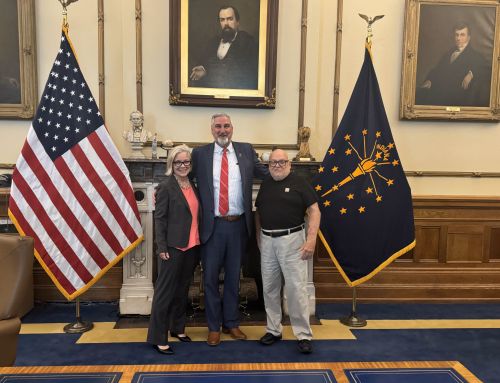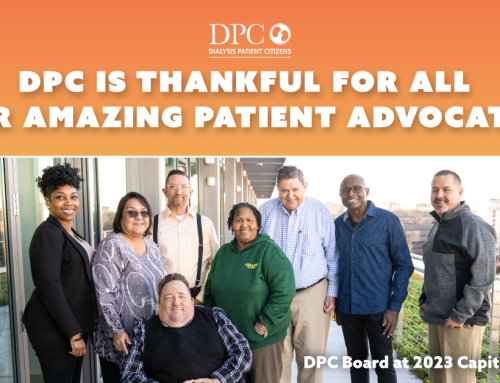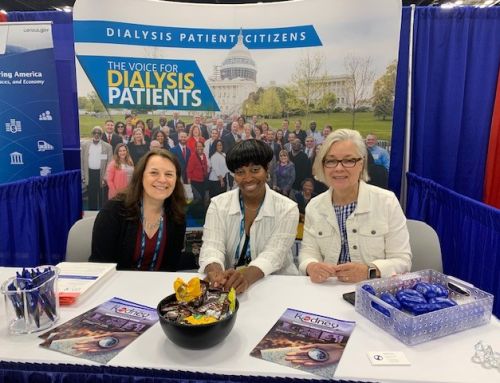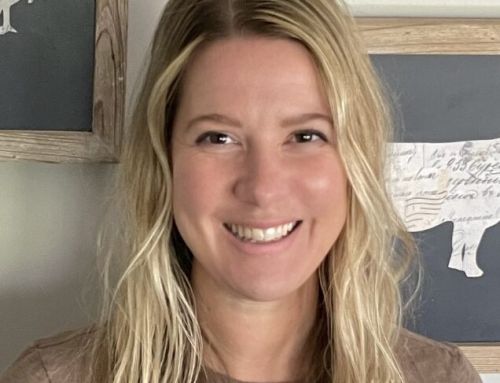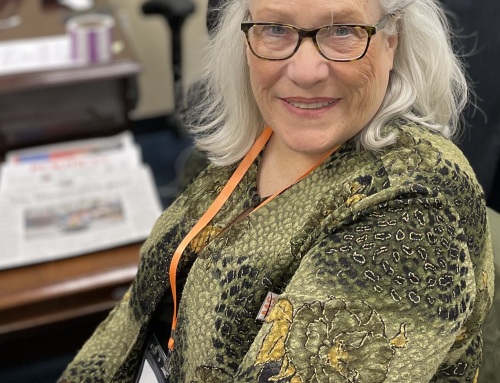Daniel Tsai, Deputy Administrator, and Director
Center for Medicaid and CHIP Services
Centers for Medicare & Medicaid Services
7500 Security Boulevard
Baltimore, MD 21244
Re: Eligibility Redeterminations for Enrollees with Chronic Health Conditions
Dear Mr. Tsai:
When the Public Health Emergency ends and states resume making Medicaid eligibility redeterminations, up to 15 million enrollees are expected to lose their coverage. We are concerned that as many as one-quarter of those individuals may be receiving treatment for chronic diseases, and that treatment might be interrupted by a lapse in insurance coverage. We are asking that CMS and the states make a special effort to ensure continuity of coverage for these patients.
Data from the 2018 National Health Interview Survey indicates that one-quarter of American adults aged 18–64 years have at least one chronic health condition (defined as arthritis, cancer, chronic obstructive pulmonary disease, coronary heart disease, current asthma, diabetes, hepatitis, hypertension, stroke, and weak/failing kidneys). Further, the prevalence of multiple chronic conditions was higher among non-elderly adults on public insurance (27.6%) than adults on private insurance (15.7%).
Some of these conditions, like high blood pressure and chronic kidney disease (CKD), are asymptomatic and patients must be urged by the physician who detected them to keep the conditions under control. If left untreated, chronic conditions can cause acute events that are costly and potentially disabling. In particular, if left untreated, CKD, hypertension, and diabetes can cause kidney failure. We are concerned that patients may not discover, until they visit their physician or attempt to fill a prescription, that they have lost coverage, and may not prioritize the process of enrolling in private coverage or miss their enrollment window. Across a population this large, even a small percentage of lapses in coverage and resulting lapses in maintenance medications will cause a significant number of preventable complications.
We urge CMS to pursue a zero-complication transition by prioritizing outreach to enrollees with chronic conditions. Medicaid managed care organizations surely have claims data indicating which members have chronic conditions. These enrollees should receive the earliest notifications and the latest redeterminations. We also urge state Medicaid directors to enlist these enrollees’ physicians as partners in this effort.
MCOs will also have used predictive modeling to identify enrollees with multiple health conditions who are most at risk of adverse health outcomes. We urge consideration of creative means of ensuring this subset of people have continuity of coverage and care. This could include auto-enrollment into marketplace plans for those eligible for cost-sharing reductions who likely would pay less in premiums than they get back in care. It may be cost-effective for the government to guarantee payment of the full premiums if unpaid by the enrollee, if the cost of likely adverse outcomes would exceed the consumer’s share of premium. If these individuals have been assigned case managers by the MCO, CMS should pursue policy options to keep the individual with the same insurer, even if the insurer does not sell in the exchange.
State Medicaid directors should work with state exchange leadership and the Federally Facilitated Marketplace, and state insurance commissioners, to smooth the transition. We worry that commercial insurers may not view consumers migrating to their plans from Medicaid as a desirable clientele, and that oversight of insurers might be necessary.
It would be a tragedy if this transition results in even a single person experiencing end-stage renal disease, because we believe the Medicaid expansion has likely extended many Americans’ kidney function. We appreciate the planning that CMS and its state partners have already undertaken and urge you to go the extra mile for consumers with chronic diseases.
Thank you for your consideration of our views. We look forward to working with you toward our shared goal of improving the Medicaid program.
Respectfully submitted,
Jackson Williams
Vice President, Public Policy



